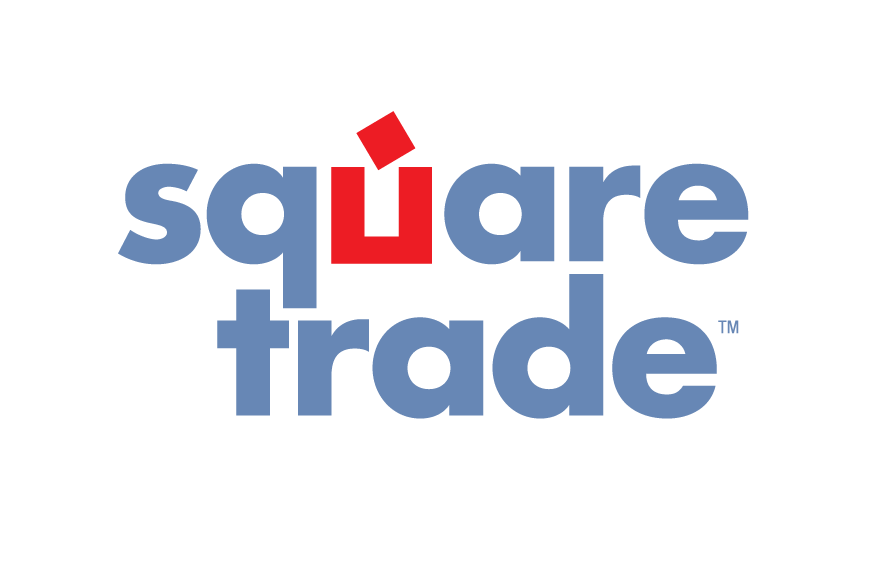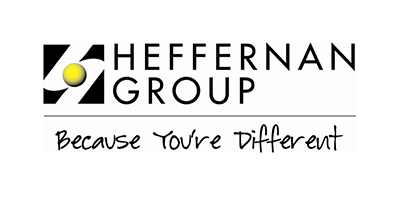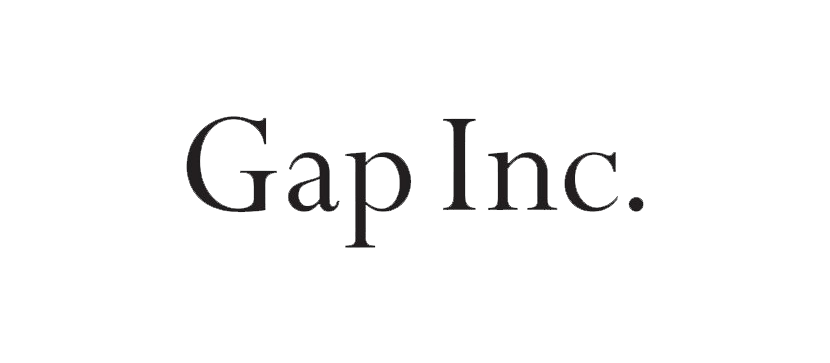“I’m Blessed”

I don’t work in our Dining Room—I help raise the money that puts food on the trays every day. But I do have occasion to be in the Dining Room now and then, and I’ll inevitably ask a guest, “How are you doing?” When I ask this question I don’t think that I’m expecting any answer—it’s more of a habit. If I were to think about it at all, I would expect him to say what we all say when asked that: “Oh, I’m okay, can’t complain,” or “It’s a crazy day, too much going on,” or just “Alright.” That’s why I’m always caught off guard by the answer I receive.
The average guest to the Dining Room has waited in line for an hour to receive a meal. If it’s the end of the month he has little or no cash in his pockets. According to the standards of contemporary culture he has failed the test of making himself into a productive, contributing citizen—he’s not acquired the things that convey status, security and well-being. So when I ask, “How are you doing?” I’m flabbergasted by his simple response: “I’m blessed!”
Therein for me is a challenge and an invitation.
The Challenge: The declaration by our guest that he is “Blessed” challenges what some have called the guiding vision of contemporary culture: the Myth of Scarcity.*
According to this vision there’s never enough—there’s not enough time, there’s not enough love, there’s not enough water, not enough oil, not enough jobs, not enough money. This is the basis of economic theory: what drives all of human behavior is the allocation of scarce resources.
The presumption is scarcity. The very nature of value is defined by scarcity—the less there is of something the more valuable it is. This means we must compete for things. Competition, not cooperation, is the way to succeed.
According to this myth, our Dining Room guest should recognize his plight as a victim of this struggle for the limited stuff of this world. His response to my question should reflect either his determination to improve his lot (“Okay, I just got a new DVD player”), or his resentment that he’s losing out (“It’s not fair!”).
But instead he replies, “I’m blessed,” and thus . . .
The Invitation: Resist the cynicism that interprets this response as naïve optimism. Listen for this man’s conviction that in the face of probably countless hardships, some bad decisions and a rigged system, in this moment he has benefited from an abundance of goodness in this world. He’s blessed. The food he has received is an expression of a bounty with which we have all been blessed.
Were I to take the time to sit down and engage this guest (which I sometimes do), I would hear of other recent firsthand experiences of this bounty: the email from a brother just out of the hospital, the chance for a part-time job next week, maybe a lead on a new place in a senior housing building. We’re a faith-based organization, so this guest may feel comfortable (or compelled) to link this abundance to a generous God whose gifts and whose love overflows into our lives. We are also an organization committed to advocacy, so I may be invited to consider the need to confront social and economic policies that redirect this abundance to the few and away from the many.
I leave the table knowing that I’ve been blessed. My initial surprise at his simple response still has a hold on me. But it’s no longer surprise that this “person in need” considers himself blessed. I’m surprised that in my need for more of this and more of that, I so easily forget that I too am blessed.
Barry Stenger is St. Anthony’s Director of Development and Outreach
*for more on “the Myth of Scarcity” see this article by Walter Brueggemann at http://www.religion-online.org/showarticle.asp?title=533













































